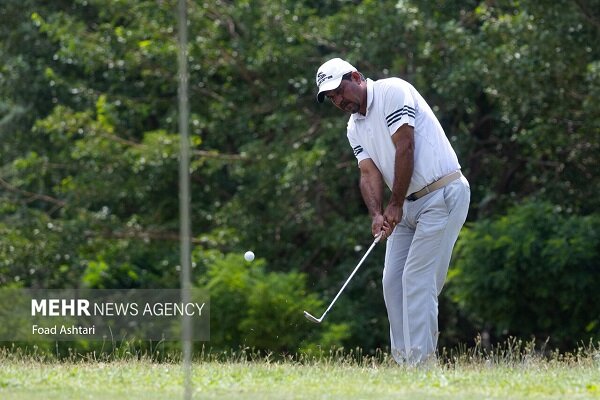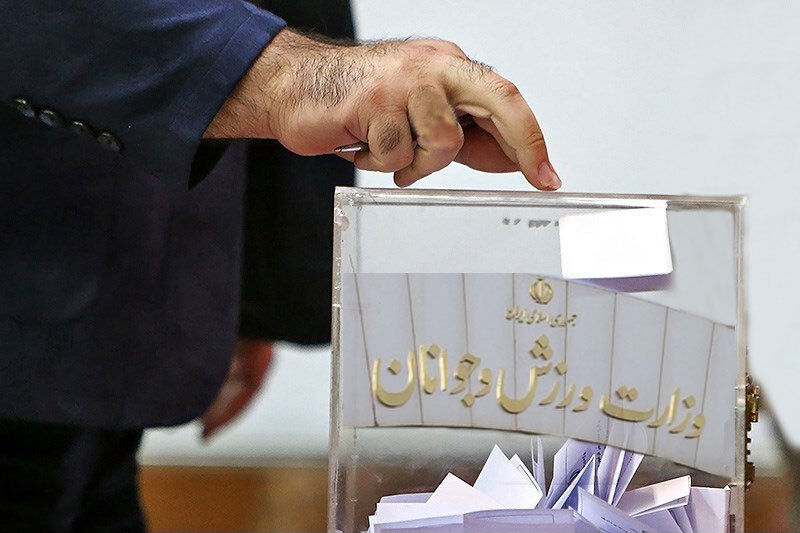Merz in Turkey: Germany seeks to rebuild strategic defence ties
Merz in Turkey: Germany seeks to rebuild strategic defence ties

German Chancellor Friedrich Merz’s first official visit to Ankara on Thursday will mark a shift in Berlin’s approach towards a more security-oriented, transactional partnership with Turkey.
Although both sides have kept their agendas muted for the occasion, the visit itself signals that the German government now feels more than ever that it needs Ankara’s contribution to European security, and intends to use this trip as a reset to lay new groundwork for cooperation.
For years, Berlin’s main concerns regarding Ankara centred on domestic issues, human rights and, at best, migration matters related to Syrian refugees.
This time, however, Merz is seeking a broader partnership that includes collaboration over the war in Ukraine and potential initiatives in the defence sector.
As part of this changing calculus, the German government has officially approved a €10.7bn Eurofighter jet deal with Turkey, which includes advanced Meteor missiles and other sophisticated weaponry.
Multiple sources in Ankara believe that Berlin has also been pressuring Greece and Cyprus not to block Turkey’s participation in the EU’s Safe initiative, which allocates €170bn to member states and partners for defence industry investment and projects.
“We share special and diverse relations with Turkey: in foreign and security policy matters, but also in the areas of migration, energy and trade,” Merz said on Wednesday night, after arriving in Ankara. “I want to further expand our close partnership. For this, I am in Ankara and will meet with President Erdogan.”
'Turkey wants Germany to recognise Hamas'
Berlin has welcomed Turkey’s efforts to help end the war in Ukraine. Ankara hosted four rounds of talks between Russia and Ukraine earlier this year, which resulted only in ad hoc agreements, such as the exchange of prisoners of war on both sides.
A person familiar with the negotiations between Turkey and Germany told Middle East Eye that the Turkish leadership genuinely wants the war to end, but this would require a shift in Europe’s strategic calculus. “It would mean some territorial loss for Ukraine,” the source said.
'We share special and diverse relations with Turkey: in foreign and security policy matters, but also in the areas of migration, energy and trade'
- Friedrich Merz, German chancellor
Turkey has repeatedly stated that it could serve as a security guarantor in a potential Ukraine peace deal, although its final decision would depend on the specific modalities of such an arrangement.
Beyond Ukraine, Ankara has raised several bilateral concerns, according to the same source.
One issue is Turkey’s request for a price reduction on Siemens high-speed trains, which it plans to purchase for its expanding rail network, “although this is a Siemens decision, not the German government’s”, the source noted.
In 2018 Turkey purchased 12 Siemens high-speed trains for $368m.
In addition to its usual calls for customs union updates and visa facilitation, Turkey is also seeking Turkish-German cooperation in Africa to counter Chinese influence.
Ankara further wants Berlin to continue supporting the Donald Trump–brokered Gaza ceasefire plan, which Merz endorsed by attending the summit in Egypt earlier this month.

“Turkey wants Germany to recognise Hamas,” said the person familiar with the discussions. Trump’s plan envisions Hamas’s disarmament and transformation into a purely political organisation, which could eventually pave the way for Berlin to recognise the group.
Another topic expected to be raised by Merz is the issue of Turkish asylum seekers.
A separate source familiar with the German government’s thinking said Merz would press Turkey to accept more rejected asylum seekers, as Berlin ramps up its deportation efforts.
Germany deported 17,651 people in the first nine months of 2025, up from 14,706 in the same period last year, according to official data. The largest group of deportees, 1,614 individuals, were Turkish.
Last year, Berlin asked Turkey to accept the deportation of Turkish citizens en masse through charter flights, which the Turkish foreign ministry declined to accept, finding it dishonourable.
The Federal Office for Migration and Refugees (BAMF) reported that as of the end of September, 22,560 Turkish nationals were awaiting deportation. Germany is home to approximately three million people of Turkish descent, the largest Turkish community outside Turkey.
A government source told AFP that Berlin is also seeking to resume deportations to Syria, a move that would require Ankara’s cooperation.











